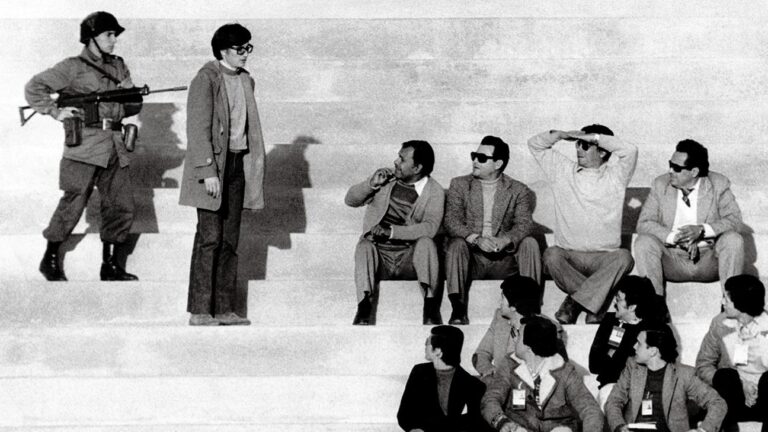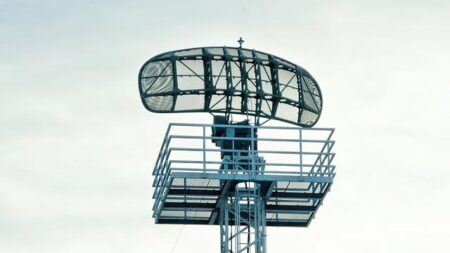The Dark Legacy of Argentina’s Dirty War: Military Dictatorship, Jorge Rafael Videla, and CIA Involvement
From 1976 to 1983, Argentina endured one of the most brutal chapters in its history, known as the Dirty War. Under the military dictatorship led by General Jorge Rafael Videla, thousands of suspected dissidents were forcibly disappeared, tortured, and killed in a covert campaign aimed at suppressing political opposition. The conflict, shaped by Cold War tensions, was marked not only by domestic repression but also by controversial foreign involvement, including the role of the CIA. This article delves into the complex history, key figures, and lasting impact of the Dirty War, drawing from comprehensive research and historical records to provide an authoritative overview of one of Latin America’s darkest eras.
Origins and Impact of Argentina’s Dirty War under Jorge Rafael Videla
Between 1976 and 1983, the Argentine military junta led by Jorge Rafael Videla orchestrated a brutal campaign against perceived political dissidents, marking one of Latin America’s darkest chapters. Rooted in Cold War geopolitics and anti-communist fervor, the regime embarked on a systematic program of repression known colloquially as the Dirty War. This covert initiative targeted suspected left-wing activists, trade unionists, intellectuals, and anyone deemed a threat to national security. The campaign was characterized by widespread forced disappearances, illegal detentions, and extrajudicial killings, leaving an indelible scar on Argentine society and human rights discourse worldwide.
The influence of foreign powers, notably the CIA, has been subject to extensive scrutiny. Documents reveal elements of cooperation and tacit support aimed at combating Soviet influence in the Western Hemisphere, which emboldened Videla’s regime. The legacy of this period extends beyond immediate violence, reshaping Argentina’s political landscape and sparking ongoing debates surrounding justice and memory. The following table summarizes key facets of this dark era:
| Aspect | Details | |
|---|---|---|
| Time Frame | 1976 – 1983 | |
| Victims | Estimated 10,000 – 30,000 disappeared | |
| Key Figure | General Jorge Rafael Videla | |
| Methods | Forced disappearances, illegal detention centers (“clandestine centers”), torture, extrajudicial killings | |
| International Influence | Support and cooperation by the CIA and other Western intelligence agencies to counter perceived communist threats | |
| Aftermath | Trials and convictions of military leaders, ongoing human rights activism, national memory projects such as the Mothers of the Plaza de Mayo |
| Year | Type of Support | Impact on Military Regime |
|---|---|---|
| 1976 | Intelligence Sharing | Enhanced repression capabilities |
| 1978 | Funding Assistance | Improved surveillance infrastructure |
| 1980 | Training Programs | Advanced military counterinsurgency tactics |
Uncovering Historical Truths and Recommendations for Reconciliation and Justice
The legacy of Argentina’s Dirty War remains a deeply complex and painful chapter in the nation’s history. Under Jorge Rafael Videla’s military dictatorship, enforced disappearances, torture, and state-sponsored violence targeted thousands of citizens, suppressing dissent with brutal efficiency. While declassified documents reveal the clandestine involvement of international intelligence agencies such as the CIA, Argentina continues to confront the full scope of these violations. Scholars and human rights organizations emphasize the critical importance of uncovering historical truths to honor victims and prevent repetition of such atrocities.
Key recommendations for reconciliation and justice include:
- Comprehensive truth commissions that include survivor testimonies and sensitive archival access.
- Judicial accountability through transparent trials of remaining perpetrators and collaborators.
- Educational reforms embedding accurate historical narratives within national curricula to foster awareness and empathy.
- Memorial initiatives to commemorate victims and sustain public memory.
| Category | Initiative | Impact |
|---|---|---|
| Truth | National Archive Accessibility | Empowers public understanding |
| Justice | Ongoing Prosecutions | Deters future abuses |
| Reconciliation | Victim Support Programs | Restores dignity |
| Category | Initiative | Impact |
|---|---|---|
| Truth | National Archive Accessibility | Empowers public understanding |
| Justice | Ongoing Prosecutions | Deters future abuses |




